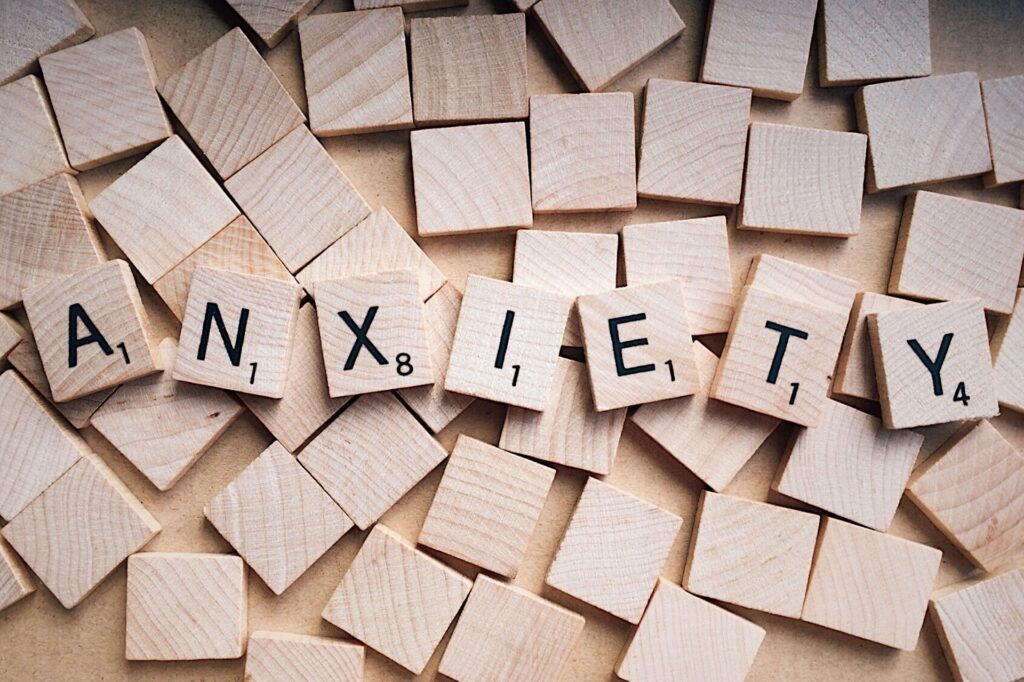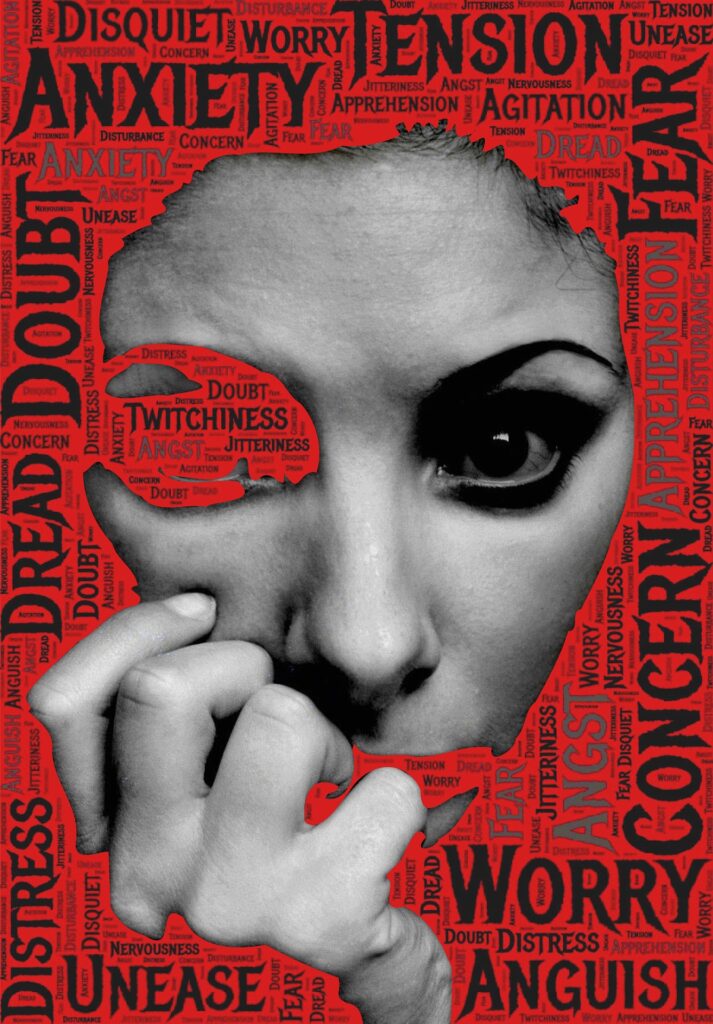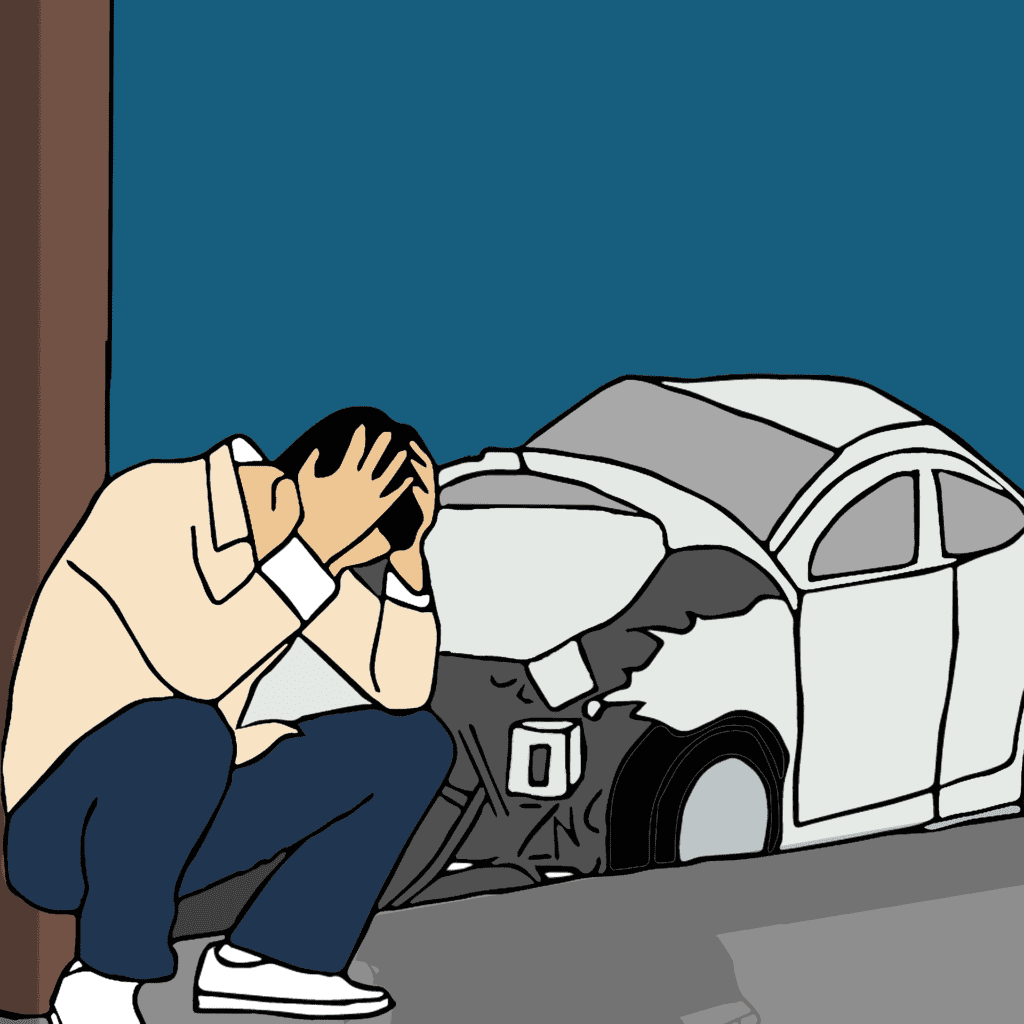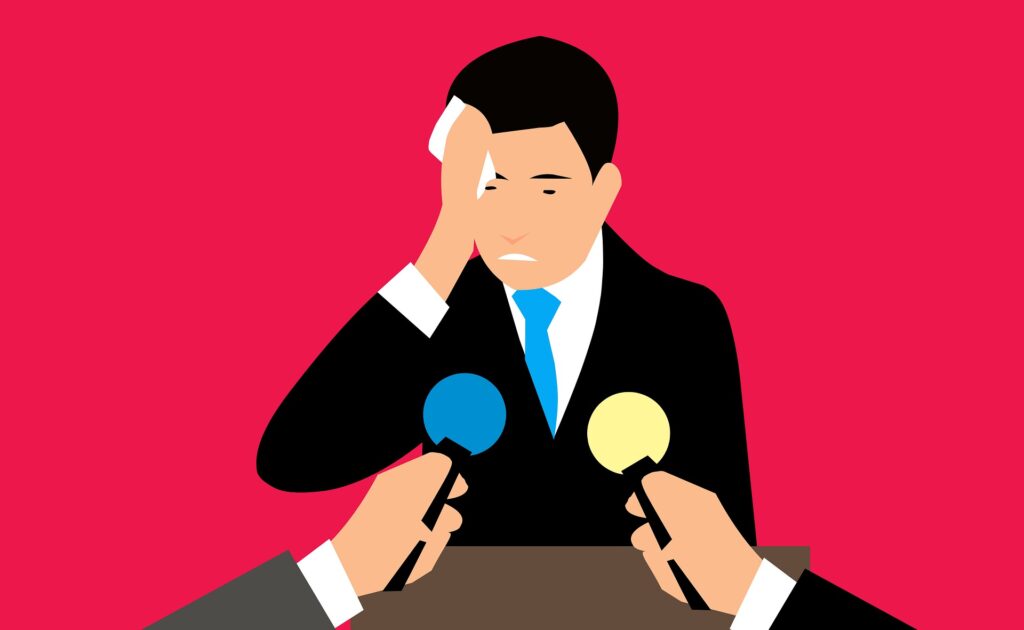
What is Anxiety?
Anxiety is an emotion in which you feel that your actions are not in your control and you keep on getting repetitive thoughts over and over again. Anxiety makes a person feel worthless about himself, he experiences uncontrolled and fast breathing, sweating than usual, increased headache, and irritation. A person who is suffering from anxiety is always in some kind of tension about everything happening around him.

Some people in this situation try to impose their strong opinion on others and expect others to quietly execute as they articulate. According to the study, nearly 40 million people every year are facing this serious problem but only 36.9% seek help to come out of it. The rest of the world fails to admit that they are actually going through some mental pain.
This condition is temporary, but it can either last for a while or stay for a little longer depending on how one handles it.
For example, a person feels like he has to prove his worth and existence to the entire world. He often tends to cut off all ties with his friends who are doing well in their lives so as to avoid his own guilt trip of not doing anything. It is detected that this anxiety can happen to a person once in every 6 months.
Anxiety is further categorized into 4 types
- Generalized Anxiety Disorder ( GAD)
- Panic
- Social Anxiety Disorder (SAD)
- Obsessive Compulsive Disorder(OCD)
GAD
Generalized Anxiety disorder is the very first stage of anxiety where you feel uncertainty in everything. You start worrying about the smallest of the smallest problem. It functions in a way that you start overthinking resulting in restlessness.

Symptoms: Fatigue, restlessness, not being able to express your feelings, uncontrolled anger, short-tempered, abusive, excessive/lack of eating habits, Muscle tension,freezed thoughts.
Situation: A 33-year-old man Shyam is walking on the road, and suddenly he sees the funeral procession happening. If he is having generalized anxiety then he will freeze for some time and will relate the situation to the person he has lost recently. He might start crying uncontrollably too.
Treatment:
- Visiting a counselor and undergoing talk therapy is important which will help you to get out of it.
- Medication-type SSIs and SNRIs can be prescribed in extreme cases.
- CBT(Cognitive Behavioral Technique)
Panic
Panic is an outburst of too many emotions in an uncontrolled manner. It puts you in a shell where you cannot understand what is happening to you.
You tend to sob continuously when something triggers you and you feel difficulty in breathing. There is no control over your thoughts and this condition might last for 15-45 minutes.

Symptoms: Dizziness, heart pounding out, uncontrollable and fast breathing, change in behavior, violent behavior, fear of dying, chest pain chills, numbness.
Situation: A lady named Sagrika, who had lost her child in a car accident, tends to panic when other kids start playing on her own balcony. She begins to feel that they might also fall from the balcony and might meet an accident likewise her son .
She is basically undergoing that fear of losing her dear ones. It is therefore possible that even the recreation of a related type of situation can trigger a person’s panic.
Treatment:
- Yoga, Exercise, and Meditation might help to reduce it.
- Deep breathing exercises
- Take prescribed medicines to reduce fear and pain
SAD
Social Anxiety Disorder is also known as ’ Social Phobia ’. It is the third stage wherein you start to feel networking is a waste of time. You begin to judge other people flaunting their happy life on Social Media.
In their opinion, being social would lead to them being judged more harshly. That’s the reason they cut off their identity completely on every social platform.

They basically ghost themself from every social gathering be it family weddings, outing with friends, Meeting new peers, or playing and discussing with their own siblings.
Symptoms: Embarrassment about not doing great in life, fear, cannot take any judgmental comments passed by anyone, further leading to depression, start feeling complex of another’s happiness.
Situation: Shyam has gone to attend the graduation party of his cousin who recently scored 92% in his course. While congratulating his brother his uncle appeared and asked him what he is doing these days after passing out with 60% marks.
That puts Shyam in fear to express himself to his uncle that he is not doing anything to perceive his job. And after this incident, Shyam immediately walks out of the party and promises himself that he will never go to any social event hereafter.
Treatment:
- Talk therapy sessions with your counselor would help you to come out of it.
- Prescribed Medications like SSRIs, and Anti-depressant would also reduce Social Phobia.
OCD
OCD is known as Obsessive Compulsive Disorder which sends signals to repeatedly perform obsessive actions over a period of time.
It is a mental issue that needs to be rectified at the ground level because further, it might turn into depression. You don’t trust yourself for the actions you have already done and keep validating them over time.

Symptoms: Repeating the same actions, not trusting others and oneself, arranging all the things in the proper order (symmetrically), washing hands continuously, and Reassuring about everything.
Situation: Reema is staying alone in a 2 bhk apartment. With the fear of staying alone, she has the habit of checking the door lock at least 30-40 times before she gets into a deep sleep. Due to this she is not able to complete her sleep cycle and will keep making sure the door lock is constantly checked.
Treatment:
- Consult a Doctor and speak about it before the disorder get worsens.
Let’s know more about Occasional Anxiety
Occasional Anxiety is something that every person experiences sometimes in their life. People in the US are detected to have undergone Anxiety for at least one-third of their life span. It happens when you are under immense pressure about something or when you are trying new.
For Example, Sharon was a motivational speaker for the past 5 years. But after her pregnancy when she rejoined and started her work, she was very confident to deliver her speech. And ultimately develops a stage fear to speak up in the crowd. That is when Sharon is undergoing Occasional Anxiety.

Sharon will start feeling her chest pounding, profuse sweating will not be able to make eye contact with the crowd, and might also feel dizzy and start having blurred vision.
“Our Anxiety does not empty tomorrow of its sorrows, but only empties today of its strengths,” said, C.H. Spurgeon



